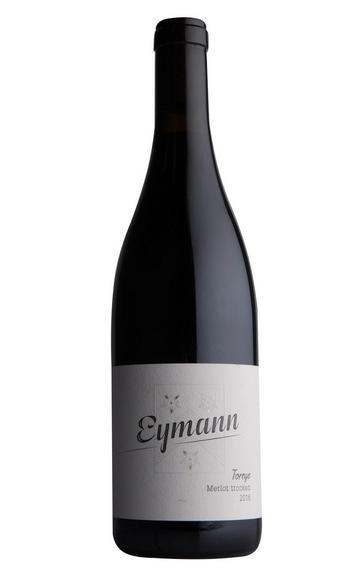
About this WINE
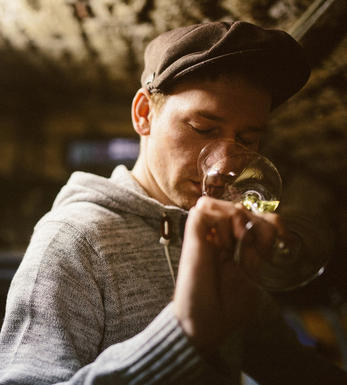
Weingut Eymann
Weingut Eymann winery is located in the Pfalz wine region of Germany and is known for its commitment to organic and biodynamic winemaking practices. The Eymann family has a long history of winemaking, with the estate dating back to 1782. What sets them apart is their dedication to sustainability and environmental responsibility.
The winery's vineyards are certified organic and biodynamic, reflecting their holistic approach to viticulture. These practices prioritize the well-being of the land, resulting in high-quality, terroir-driven wines that truly express the character of the region. Weingut Eymann specializes in Riesling and other grape varieties such as Pinot Noir and Chardonnay. Their wines are celebrated for purity, elegance, and a solid connection to the terroir.
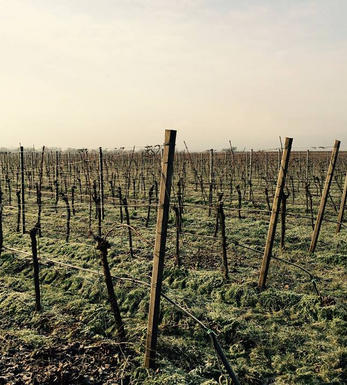
Pfalz
The Pfalz - known as the Rheinpfalz until 1992, and the ‘Palatinate’ in English - is the second largest wine region in Germany after Rheinhessen and is often the biggest in terms of production. Its temperate climate is the sunniest and driest of all the German wine regions.
The vineyards that make up the Pfalz stretch from the southern limits of Rheinhessen near Worms down to the French border at Wissembourg. Covering a substantial 23,000ha, they follow the contours of the Pfalzer Wald forest for nearly 80 uninterrupted kilometres.
The Pfalz produces very pleasant, soft, full-bodied white wines with a rich bouquet. There is a staggering 45 white grape varieties grown here but the most common are Riesling (21%) and Müller-Thurgau (21%) with Kerner, Silvaner and Scheurebe also widely found. The Pfalz produces smooth, fruity reds from the local Portugieser and Dornfelder varieties as well as Spätburgunder (Pinot Noir) which accounts for more than 30% of red plantings. The soils vary greatly - from loess and decomposed layered sandstone through to isolated islands of shell limestone, marl, granite, porphyry and clay-slate - and such variation is reflected in the character of the wines.
This is arguably Germany’s most exciting, and also most environmentally aware, wine region. Well over 100 estates work in accordance with organic principles and an impressive number of them have fulfilled the stringent criteria for becoming officially certified. Pfalz was also the first German region to have a ‘Deutsche Weinstrasse’ (German Wine Route) winding its way through its vineyards and villages, and inspired many more. One of the cities along the Weinstrasse is Neustadt, which holds a famous wine festival every October where the German Wine Queen is crowned.
Recommended Producers: Von Bühl
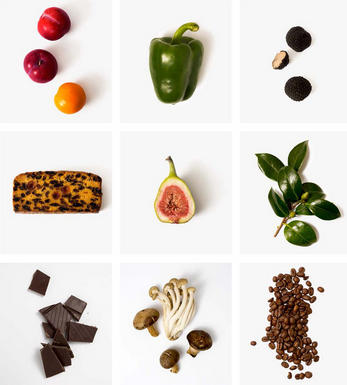
Merlot
The most widely planted grape in Bordeaux and a grape that has been on a relentless expansion drive throughout the world in the last decade. Merlot is adaptable to most soils and is relatively simple to cultivate. It is a vigorous naturally high yielding grape that requires savage pruning - over-cropped Merlot-based wines are dilute and bland. It is also vital to pick at optimum ripeness as Merlot can quickly lose its varietal characteristics if harvested overripe.
In St.Emilion and Pomerol it withstands the moist clay rich soils far better than Cabernet grapes, and at it best produces opulently rich, plummy clarets with succulent fruitcake-like nuances. Le Pin, Pétrus and Clinet are examples of hedonistically rich Merlot wines at their very best. It also plays a key supporting role in filling out the middle palate of the Cabernet-dominated wines of the Médoc and Graves.
Merlot is now grown in virtually all wine growing countries and is particularly successful in California, Chile and Northern Italy.


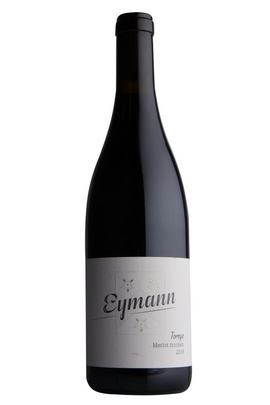
Buying options
Add to wishlist
Description
Eymann, in the village of Gönnheim, is located in the middle of the Pfalz. The estate’s vineyards are situated on the upper Rhine terrace on soil that was formed during the last Ice Age. The estate has 15 hectares of vineyard and has been working organically since 1983; it was biodynamically certified in 2006.
Gloriously bright and typical Merlot berry fruit characters emerge on the nose, underpinned with wild herbs and a hint of vanilla spice. Smoothly textured with fine, supple tannins supported by fresh acidity and ripe red and black hedgerow fruit. Perfect to drink now.
wine at a glance
Delivery and quality guarantee